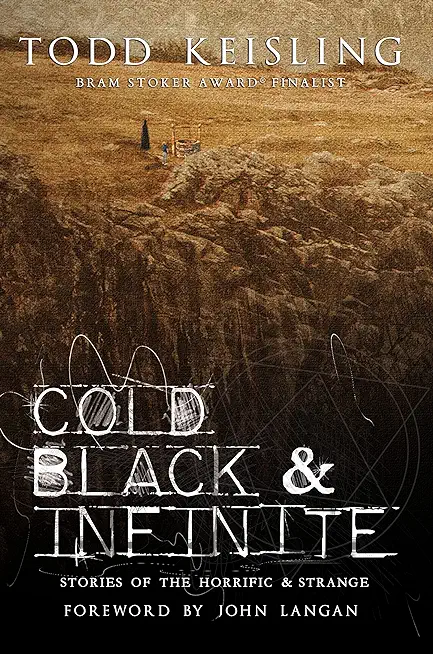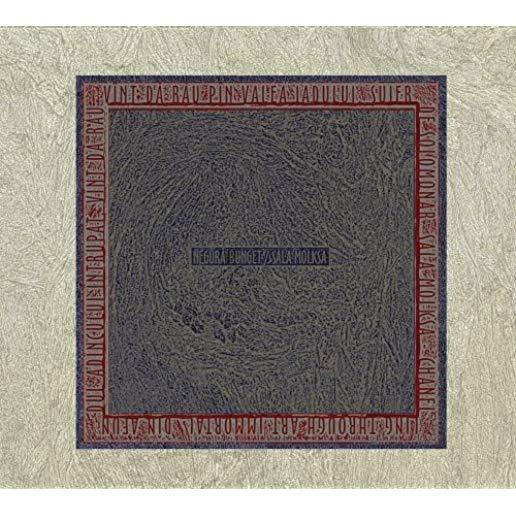
description
minate popular culture, and there has been continued growth in the academic field of Comics Studies. Graphic novels and comic trade paperbacks populate the shelves of many academic libraries. Single issue collections of "floppy" comic books, however, tend to find their home in special collections libraries because their flimsy construction, highly acidic paper, and, occasionally, the scarcity of certain specific issues warrants special storage and handling. Thoughtful consideration must go into any decision to begin or sustain these collections. Comic Books, Special Collections, and the Academic Library collects best practices for the acquisition, preservation, storage, and cataloging of comics, particularly single-issue (or floppy) comics, within the special collections units of academic library collections. Four sections answer:
- Why Should Your Institution Collect Comics?
- Your Library Collects or Wants to Collect Comics. Now What?
- How Do You Engage in Library Instruction and Outreach with Your Comics Collection?
- How Can Comics Be Used as Primary and Secondary Source Material by Students and Faculty?
member goods
No member items were found under this heading.
listens & views

E ISSO QUE VAI ACONTECER
by PELLEGRINI,BERNARDO AND BANDO DO CAO SEM DONO
COMPACT DISCout of stock
$20.99
Return Policy
All sales are final
Shipping
No special shipping considerations available.
Shipping fees determined at checkout.






